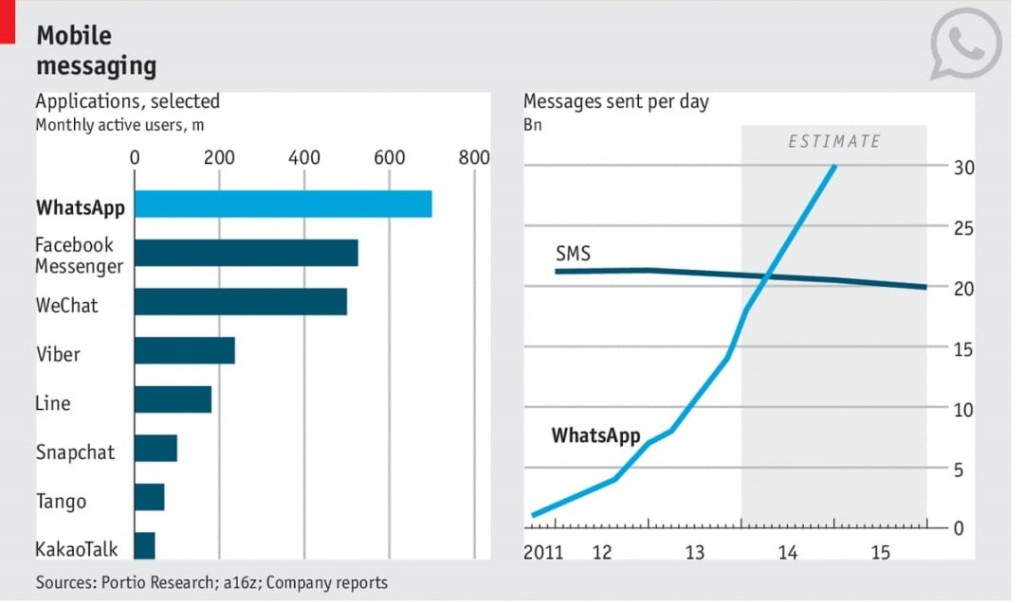Chatting Apps: The Expanding Virtual World
With WhatsApp, Facebook, Telegram being the most popular, the other apps have also paved ways to make a mark
By Saqib Manzoor, Saqib Gull, Sharik Aslam
In recent times, the internet has seen a rise of different chatting apps like, WeChat, Yubo, Bumble BFF, Instagram, Wink, where a person can bump into any stranger from anywhere and talk to them.

The number of netizens rose by 100 million to a total of 560 million in 2019. The 89% of internet users were using messaging apps like WhatsApp, the Messenger from Meta, Viber, and many more.
Aafaq, a 23-year-old software engineer, who finds it quite difficult to communicate with people in-person, has been good at making friends online. He has made many friends from different countries on different chatting apps.
“I had heard a lot about these apps so I would usually research about them. Then, it was during Covid-19 lockdown I decided to explore few. Since then, I have been avid user of many such apps and have befriended a good number of strangers from across the continents,” Aafaq said.
Aafaq believes these apps have been helpful for him while interacting with people from different countries and cultures.
“ I am fascinated to learn about different people and their cultures through these apps. People should use these often to explore world with the help of their finger tips,” he said.
With WhatsApp, Facebook, Telegram being the most popular, the other apps have also paved ways to make a mark.

During the lockdown period these apps saw a surge in the users especially the young ones, Genz, who were now looking for online connections in times of downright isolation. Currently, on average, Indians between the age of 16 to 64 spend about seven hours online each day.
These apps, available on internet in huge numbers, ask a user to sign up. Then, a user can choose anyone or randomly bump into any other stranger with whom he/she chats. Many apps are free but most ask for money in order to maintain the chat with people.
While Aafaq had a great time chatting and having face time with his foreign friends, Adil Khan, 26-year-old, shows his contempt over using a dating app.
Khan, while looking for a partner to talk, found himself in the imbroglio of scams. A user with a girl username and profile tempted Khan to visit its profile and initiate a conversation.
“We met when I was affected with Covid. I was too isolated and bored so I decided to give it a try. After spending money to have a chat with a genuine person, I met this person. Soon, we became friends. I was overly obsessed with this online friend. ,” he said.
Khan and user kept talking and came closer to each other. Khan often made request to talk over the call that the user would always decline, giving excuses. During the period, the user would ask Khan for financial assistance which he never denied until the day he found ‘ the user is unavailable’ from the app. Khan was blocked. Khan says, he spent around rupees 4000 over the said user.
Like Khan, Sobiya (name changed), 15- year-old enthusiastic gamer, narrates the plaintive tale of getting trapped in the virtual world of chatting apps. Sobiya, a class 8th student, says being an introvert she always found interactions with her classmates difficult. So, she embarked on online journey of making friends. In search of gamer friends, she was cyber bullied and abused by a fake account. Eventually, she had to shut every social media account.
It is pertinent to mention , these online apps see a huge rush of unchecked fake accounts and scams. Many violations; harassment and bullying, privacy issues, fraud, sextortion, have been reported.
As per a report , India witnesses more than 500 cases of sextortion daily (less than 0.5% are registered as FIRs), making it the sextortion capital of the world.
The Internet Watch Foundation has received more reports from children who have fallen victims to the practice, known as sextortion, in the first half

of this year than in the whole of 2022.
Mohamad Nadeem, a mental health counseler, says that he has been looking after young boys and girls who have been affected by the abuse they have faced online.
“ Mostly the people from the contemporary generation visit me. After monitoring these apps closely, we saw the young ones are the most affected and predators are usually grown up men always looking for a fresh victims,” Nadeem said.
Nadeem believes it is loneliness and ‘unacceptable’ social restrictions that force the young ones look for friends and comfort online. Furthermore, he added that teenagers easily get excited over these novel relationships and actually fall in this trap of online dating, friendship and end up sharing their intimate pictures, and texts.


Recent Comments